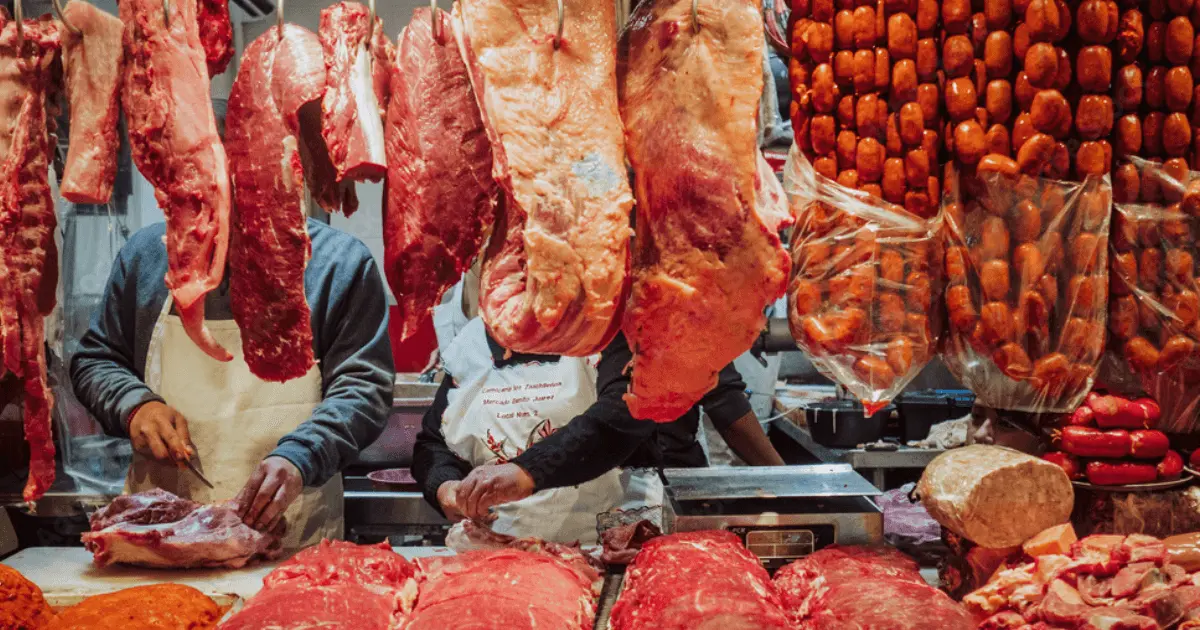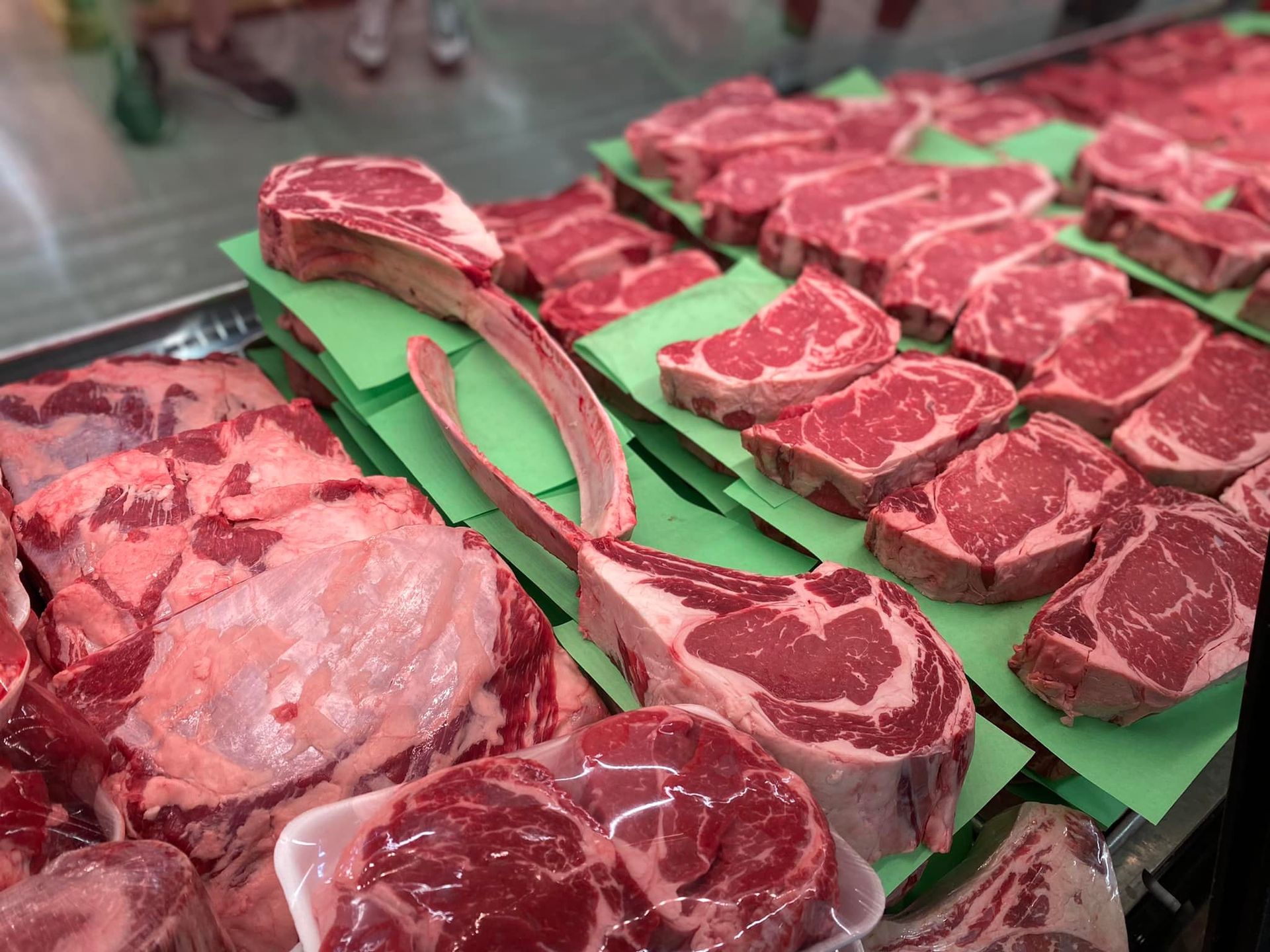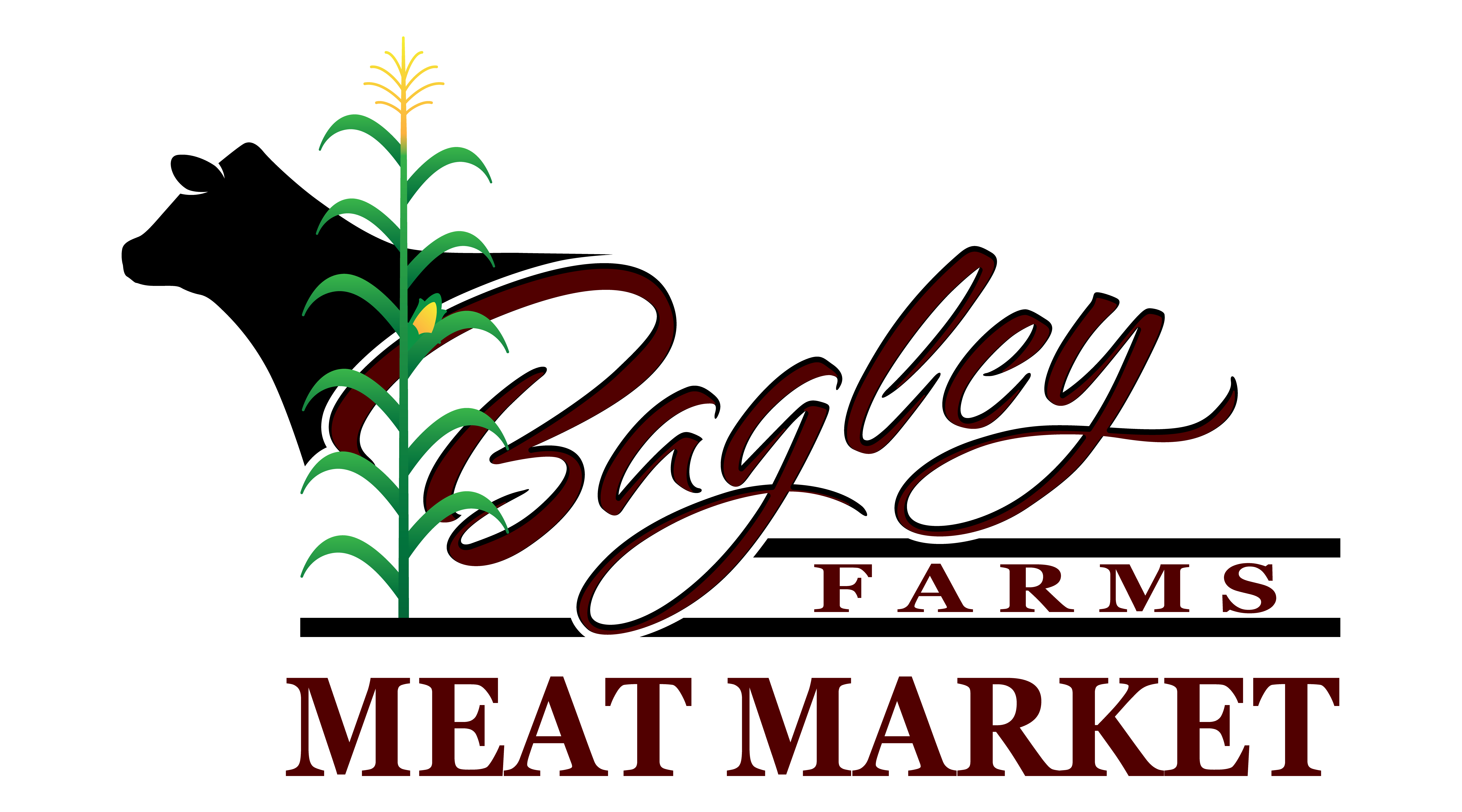Why Purchasing at a Local Meat Market Guarantees Fresh, High-Quality Cuts
Shopping at a local meat market supplies unique benefits that frequently go unnoticed by consumers accustomed to larger retail chains. These markets provide direct access to fresh, top quality cuts, a result of decreased transport time from ranch to respond to. This not just boosts flavor however also sustains regional farmers, fostering neighborhood partnerships and sustainable practices. Rigorous high quality control determines guarantee that each purchase satisfies high standards of safety and quality. Yet, the effects of picking neighborhood extend beyond prompt benefits, motivating a closer evaluation of what this option genuinely implies for both consumers and the regional economic situation.
Benefits of Regional Sourcing
In the realm of food procurement, the benefits of neighborhood sourcing stand out prominently. By purchasing meat from regional markets, customers acquire straight access to products that are often fresher and much more tasty than those located in larger, industrial supermarkets. Neighborhood sourcing lowers the moment and distance food takes a trip from ranch to table, which not only boosts taste but likewise protects dietary worth.

Furthermore, regional sourcing frequently supplies transparency regarding the origins of the meat. Consumers can make inquiries regarding the farming practices utilized, animal well-being criteria, and whether the meat is natural or grass-fed. This info empowers shoppers to make educated decisions lined up with their worths.
Top Quality Control Requirements
Local meat markets frequently stick to strenuous quality assurance requirements that ensure the products supplied fulfill high safety and security and quality standards. These standards normally incorporate numerous phases of the meat production procedure, from sourcing to handling and storage space.
First, local markets usually establish rigid distributor requirements, making certain that just trusted farms and manufacturers are used - bagley meat market edwardsville il. This decreases the chance of contamination and advertises greater pet well-being standards. Furthermore, several neighborhood meat markets carry out normal inspections to validate that the meat is refined under sanitary problems, further decreasing health dangers
Temperature level control is another important aspect of quality control. Local meat markets often check refrigeration systems to preserve ideal storage temperature levels, making sure that meat continues to be fresh and safe for usage. In addition, the implementation of traceability systems allows markets to track the origin of their items, giving transparency and accountability.
Last but not least, personnel at local meat markets are frequently trained to recognize indications of putridity and recognize proper handling techniques. This dedication to quality assurance not just boosts the general requirement of the meat but additionally fosters customer count on, making neighborhood meat markets a trustworthy source for top quality cuts.
Sustaining Regional Farmers
Sustaining local farmers is crucial for cultivating a lasting food system and boosting community durability. When customers select to go shopping at local meat markets, they directly add to the livelihoods of farmers in their region. This not only sustains the neighborhood economic situation however likewise enhances the agricultural industry, guaranteeing that it remains viable and vivid.


Additionally, supporting regional farmers cultivates a feeling of community and connection between producers and consumers. It motivates openness in food sourcing and imparts trust fund, as consumers can create relationships with the individuals who increase their food. This direct link ultimately leads to a more engaged and informed public, which look at more info is essential for promoting for sustainable agricultural practices in the future.
Sustainable Practices
Sustainable techniques in meat markets play an important function in promoting environmental stewardship and ensuring animal well-being. Neighborhood meat markets usually focus on sourcing their items from farms that execute lasting and moral farming approaches. These techniques include rotational grazing, which helps maintain dirt wellness and minimizes carbon discharges, alongside reducing Click This Link making use of antibiotics and hormonal agents in animals.
Additionally, local meat markets typically stress openness in their supply chains. Customers are given with info concerning the origin of their meat, permitting them to make educated choices that straighten with their values. By supporting neighborhood farmers who practice lasting methods, customers add to the preservation of biodiversity and the decrease of transportation exhausts related to long-distance meat circulation.
Furthermore, many neighborhood meat markets participate in waste decrease methods, such as utilizing every component of the animal and advertising off-cuts that might or else go unsold. By fostering an extra sustainable strategy to meat usage, these markets not just offer top quality items however additionally contribute favorably to the environment and pet well-being. Basically, purchasing at a regional meat market aligns consumers with a more comprehensive motion in the direction of accountable and moral food sourcing.
Personalized Customer Support
Purchasing at a meat market typically incorporates more than just the items offered; it is likewise about the experience and the connections constructed in between customers and personnel. Individualized customer support is a characteristic of local meat markets, establishing them apart from larger grocery store chains. Well-informed personnel put in the time to recognize individual client choices, making certain that each check out is customized to details needs.
Customers gain from skilled advice on cuts, cooking methods, and preparation suggestions, promoting a feeling of depend on and commitment. This tailored communication permits consumers to ask inquiries and look for referrals, bring about informed buying decisions. Personnel frequently remember regular customers and their preferences, developing an inviting ambience that grows area connections.
Additionally, individualized service reaches special requests, such as customized cuts or particular preparation methods, which bigger stores might not fit. This level of interest reinforces the commitment of neighborhood bagley meat market edwardsville il meat markets to high quality and client fulfillment.
In significance, customized customer care not only boosts the buying experience but also ensures that consumers entrust to the best items fit to their cooking demands, making every check out a fulfilling one.
Final Thought
Sustaining local farmers promotes neighborhood connections and reinforces the local economy, while sustainable methods add to environmental stewardship. Additionally, customized client service improves the buying experience, making neighborhood meat markets a favored choice for consumers looking for both high quality and ethical factors to consider in their food sourcing.
The effects of choosing neighborhood extend past immediate benefits, motivating a closer examination of what this selection genuinely means for both consumers and the local economic climate.
Sustaining neighborhood meat markets also contributes to the local economy. Regional meat markets often check refrigeration systems to keep ideal storage temperature levels, making sure that meat remains secure and fresh for intake.Local farmers are typically extra attuned to the certain requirements of their communities, elevating and expanding crops livestock that line up with local preferences and preferences. Sustaining neighborhood farmers cultivates area relationships and strengthens the local economic climate, while sustainable techniques add to ecological stewardship.